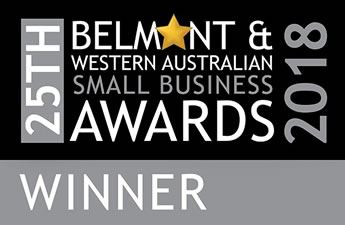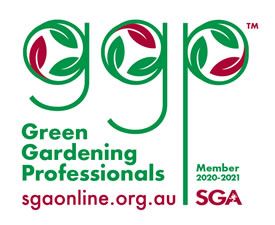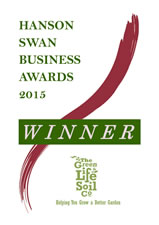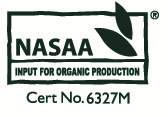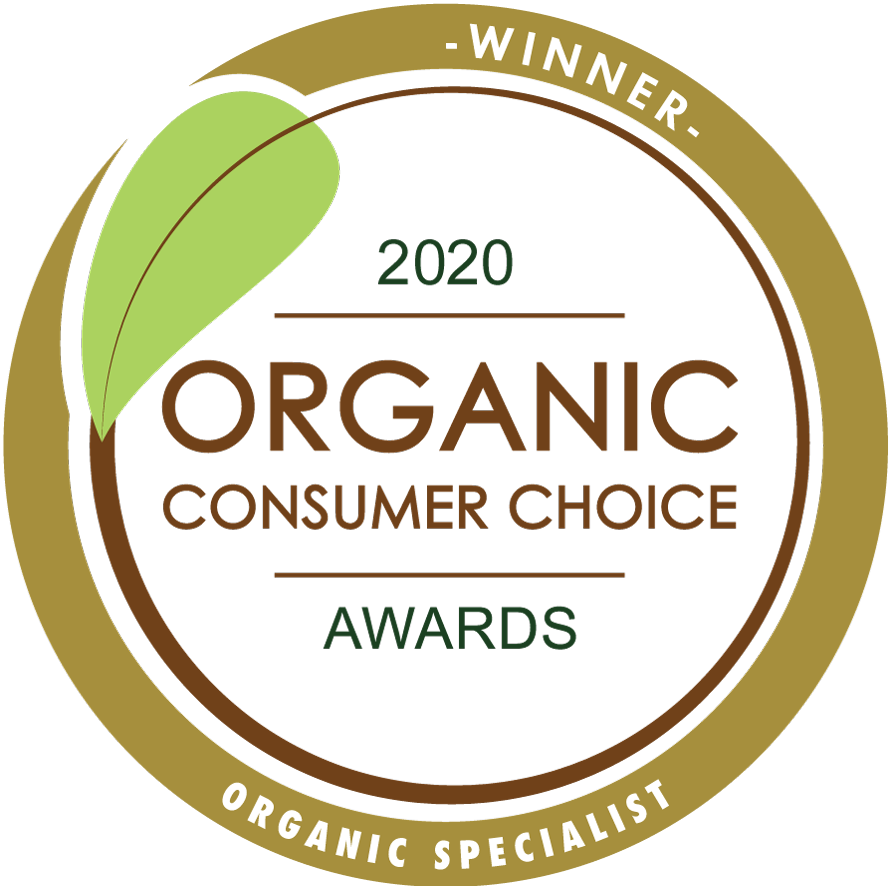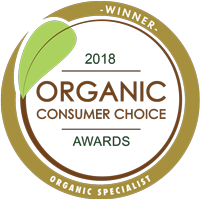| item(s), Total: $0.00 View Cart |
| Shopping cart is empty. |
|
Perth gardening advice and exclusive offers: Subcribe to our Newsletter
| item(s), Total: $0.00 View Cart |
| Shopping cart is empty. |
|
Pick up bags or bulk product
bring your trailer (or use one of ours)
Opening hours:
8.30 - 4.00 Monday - Friday
8.30 - 2.00 Saturday
(closed Sunday)
24/7 convenient & secure online shopping or support your local independent retail outlet. Join our Newsletter for Perth gardening advice and exclusive offers.
We guarantee our products. Ask our friendly staff for help & advice ~ we're here to help you achieve the garden of your dreams.

